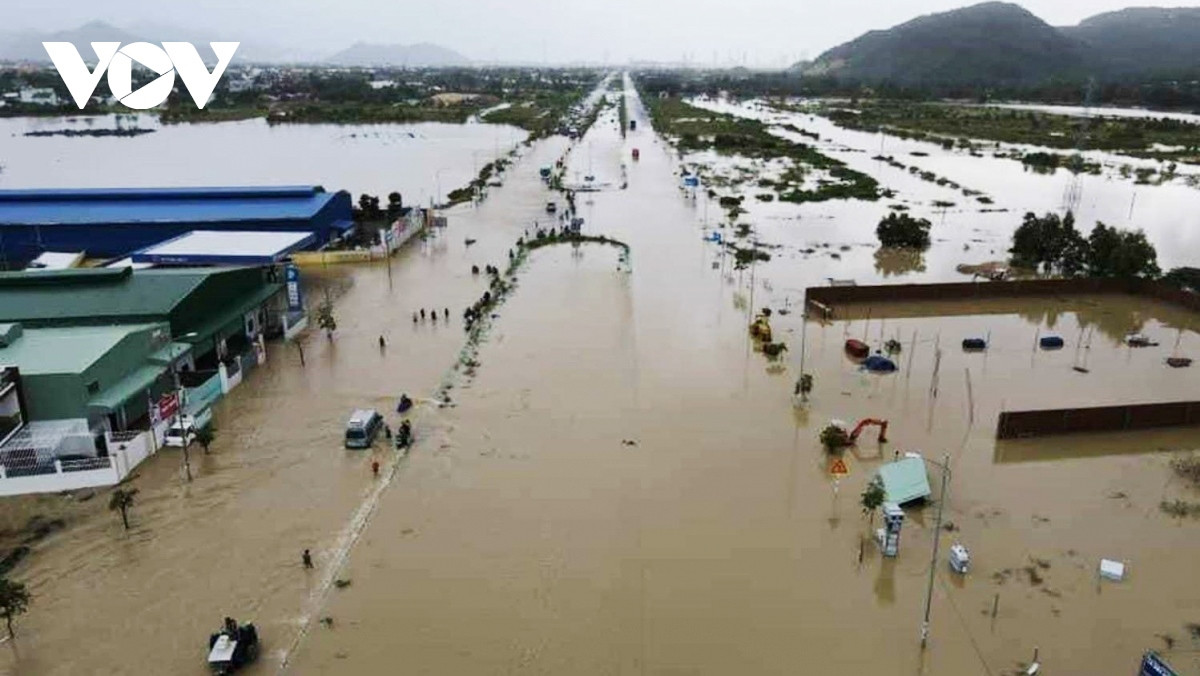

El Nino is gradually weakening and is anticipated to change to La Nina in the last months of the year, causing heavy rain in the central region, a scenario similar to the historic flooding that led to catastrophic consequences throughout central localities in 2020, warned meteorologists.
The transformation of the El Niño–Southern Oscillation (ENSO) phenomenon, that comprises the warming phase of El Nino and the cooling phase of La Nina, combined with climate change is fueling the extremes of weather and climate, said Hoang Duc Cuong, deputy director general of the Vietnam Meteorological and Hydrological Administration, at a conference held in Hanoi on May 10.
Moving forward, it is anticipated that natural disasters will be very complicated in the coming months, with more heatwaves, droughts, saltwater intrusion, thunderstorms, and hail storms occurring in the first half of the year, and more rain, storms, and floods in the second half of the year, he warned.
Between 11 and 13 tropical storms are due to form in the East Sea, with between five to seven of them expected to slam into the country’s mainland, mostly from September to November.
With El Nino likely to shift to the neutral state and La Nina to emerge in the second half of the year, the central region will probably have to brace itself for subsequent spells of heavy rain that may trigger severe flooding, flash floods, and landslides, analysed the senior meteorologist.
He recalled the catastrophic consequences that the historic flooding in 2020 caused to the central region, in which 138 people were reported dead, 16 people went missing, and 398 were injured. In addition, more than 6,200 houses collapsed, and nearly 380,000 other houses were inundated with floodwater.
In his speech, Deputy Prime Minister Tran Luu Quang, who is also head of the National Steering Committee for Natural Disasters Prevention and Control, requested strengthening the Natural Disaster Prevention and Control and Civil Defense commanding boards at all levels.
He especially underscored the need to improve the overall quality of weather forecasts, enhance pre-storm inspections, and diversify all forms of communications in a bid to raise awareness at all levels.
Vietnam expects international organisations to continue to share information and experiences, and to support human resource training in responding to and overcoming natural disasters, while considering additional funding for natural disaster prevention and control, stressed the Deputy PM.
VOV